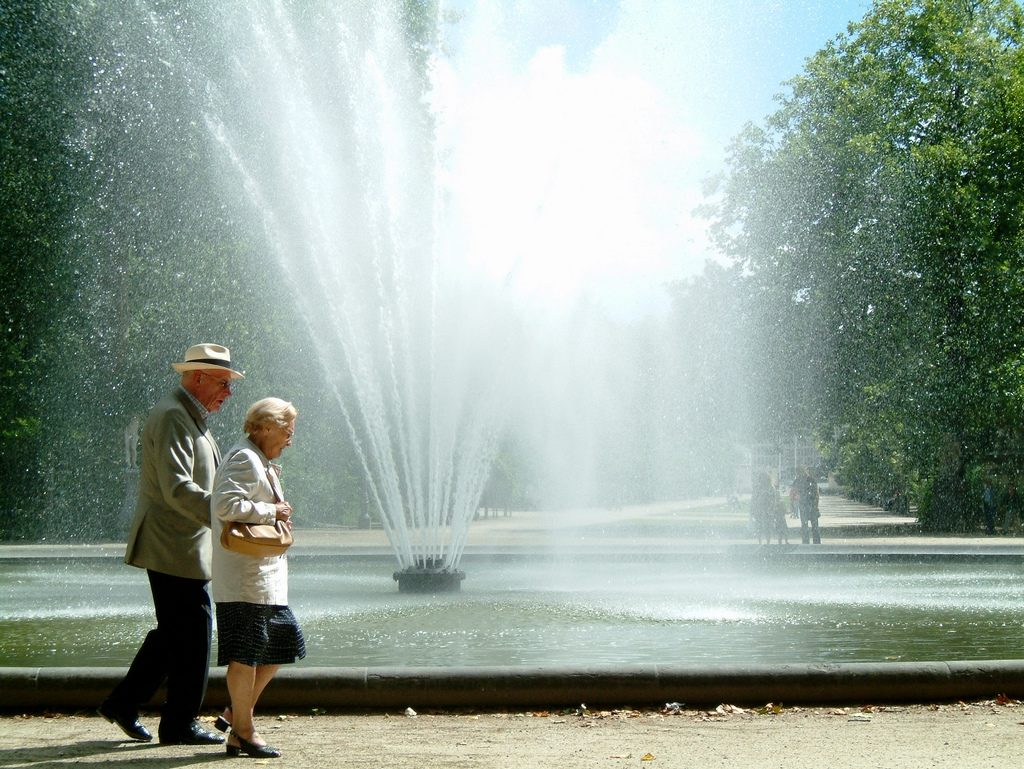Least privileged social groups have shorter life expectancies than the most privileged ones, according to a University of Louvain study reported on Monday by Le Soir. The difference can be as much as 6.6 years for women and 9.1 years for men.
Professor Thierry Eggerickx and researchers Jean-Paul Sanderson and Christophe Vandeschrick developed a social positioning indicator combining three criteria that used to be studied separately before: academic level, socio-professional category, and housing quality. Each individual is given a score according to his or her position in each of these spheres. The population is then divided into four groups: most favoured, upper intermediate, lower intermediate and least favoured groups.
Men with the best socio-economic, academic and qualitative-housing levels live about 10 years longer than those at the other end of the social scale, according to the study.
"The favoured social groups have the necessary resources (income, knowledge, power, social networks etc.) that can be mobilised to fight effectively (preventive attitudes, access to the most effective treatments) whatever the dominant mortality risk factor(s),” the researchers explain.
The Brussels Times

